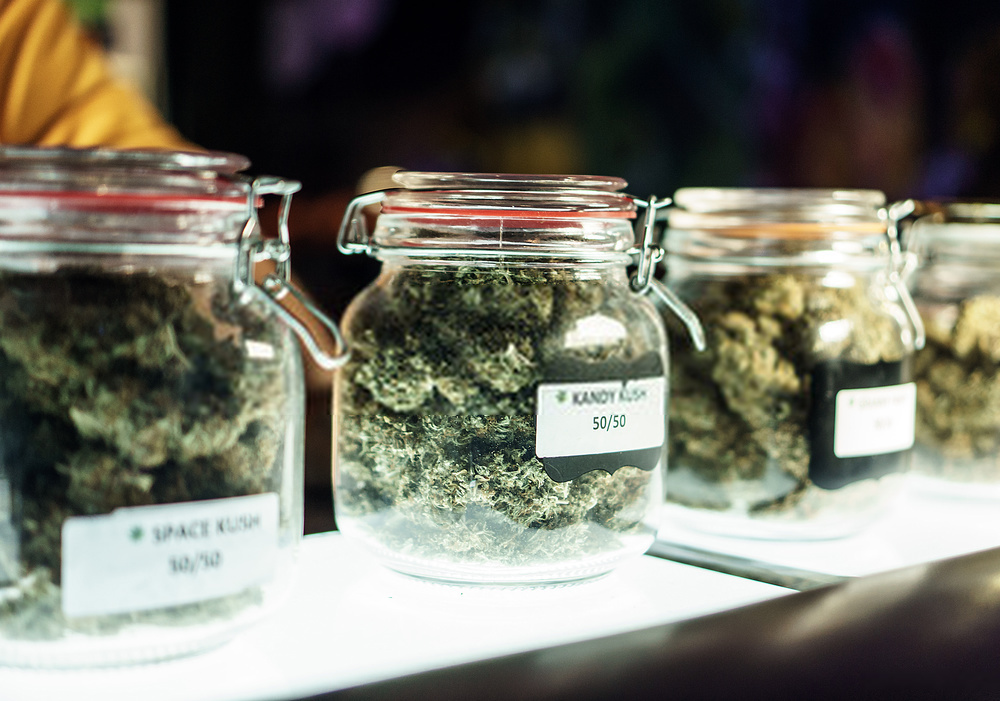By Bryan Johnson
No doubt about it, the cannabis business is booming. In fact, the value of the global legal cannabis market is expected to climb as high as $84 billion by 2028. For those in cannabis-related businesses in the U.S., this estimate is certainly promising. But any optimism here in the states must be tempered by the uncertain legal status of cannabis and cannabis-related products at the federal level and in certain other jurisdictions.
The Federal Law
Currently, the possession, cultivation and distribution of medical or recreational cannabis remains illegal under the Controlled Substances Act. Nonetheless, federal legalization (or, at the very least, decriminalization) of cannabis is in the works.
Now pending in the U.S. Senate is the Cannabis Administration and Opportunity Act that would remove marijuana from the CSA, introduce regulations to tax cannabis products, expunge prior convictions in some circumstances, and maintain the authority of states to set their own marijuana policies.
Another piece of legislation under consideration in Congress is the SAFE Banking Act. This proposed law, if enacted, would ensure access to financial services for legitimate cannabis-related businesses and service providers. Why is this important? Because as of this writing, federal banking laws severely restrict access to financial services for companies selling cannabis-related products.
Translation: banks can’t do business with cannabis companies, which is problematic for so many reasons, not least of which is that those in the sector must maintain large amounts of cash on hand for payment of expenses, including inventory and employee salaries. This unfortunate reality makes legal cannabis outfits the targets of crime.
Given political tensions when it comes to cannabis, it’s anyone’s guess if and when either of these two pieces of legislation will pass. Until then, cannabis is a no-no in the eyes of federal law enforcement.
State Laws
California was the first state to legalize medical marijuana in 1996. Since then, the medical use of cannabis has been legalized in 38 states and the District of Columbia. The recreational or adult-use of cannabis is also legal in D.C. and 19 states.
While the trend toward legalization of cannabis at the state level is undeniable, the substance is still illegal for either medical or recreational purposes in several different locales, including places like Idaho, Kansas and Nebraska.
Cannabis-Related Products That Are Legal (or Are They?)
CBD
The 2018 Farm Bill legalized hemp at the federal level. CBD (or cannabidiol), which is derived from hemp, is therefore thought to be legal nationwide.
With that by way of background, a large health and wellness market for CBD products has blossomed over the years, built on the promises of pain relief, calming effects and more. But to say that CBD is legal everywhere is something of a misnomer because the substance is not legal in all 50 states, even when sourced from hemp. This is because all states have their own Controlled Substances Acts, and some (albeit few) still characterize hemp as illegal marijuana.
Delta - 8 THC
Delta-8-tetrahydrocannabinol (THC) is a psychoactive compound naturally occurring in hemp and believed by many to be legal at the federal level even though it produces a high. Mostly synthesized from CBD, delta-8 TCH, while similar to delta-9 THC (the main psychoactive found in marijuana), has a different chemical structure, making it a much milder alternative to its more potent cousin.
The Farm Bill created a loophole for products containing delta-8 THC (even in high amounts), so long as they are derived from federally legalized hemp containing less than 0.3 percent delta-9 THC. Indeed, by virtue of the Farm Bill, the manufacturing, distribution, sale and use of delta-8 THC in the form of gummies, vape cartridges, tinctures and the like is arguably permissible under federal law.
As such, products containing delta-8 THC are being sold across the country without federal oversight. Nonetheless, several states have inserted themselves into the conversation about delta-8 THC—specifically, the absence of research regarding the compound’s psychoactive effects — by blocking its sale.
For instance, the compound is banned or sales restricted in Alaska, Arizona, Arkansas, Colorado, Connecticut, Delaware, Idaho, Iowa, Kentucky, Michigan, Mississippi, Montana, New York, North Dakota, Rhode Island, Utah, Vermont and Washington.
Market Implications
As the legal landscape comes more into focus in months and years to come, the cannabis market will adjust accordingly. That being said, we can anticipate that cannabis products will continue to evolve and the cannabis industry will expand exponentially.
To Get Cannabis Guest Post Category in your list for Guest posting you can visit Health Review Board Website.






0 Comments